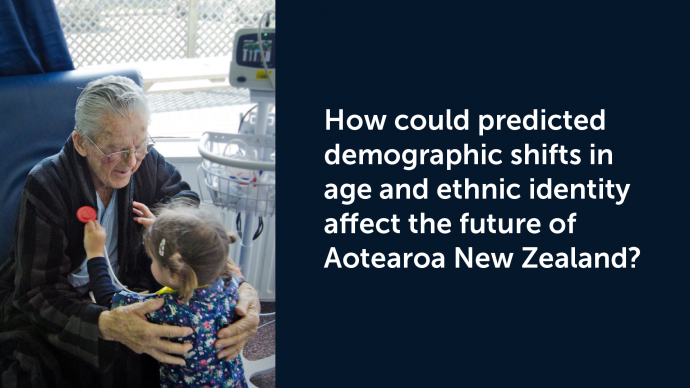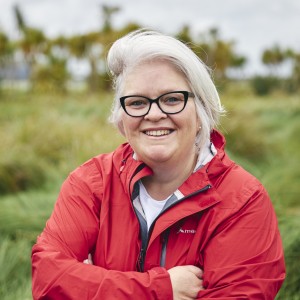Expert perspective: Dr Samantha Heath

MBIE Whitinga Fellow and former Florence Nightingale Scholar, Samantha Heath considers the development of education for healthcare professionals:
Meeting the health needs of Aotearoa-NZ is a pressing priority. The task is not a simple one; health inequities are prevalent and the ageing population, with concurrent rises in long-term conditions, requires a different approach to delivering care, one that is equally cognisant of the significance of primary and community care as it is hospital-based responses.
Nurses are at the forefront of healthcare and are well-positioned to respond to society’s changing health needs.
The challenge for nurse educators is to ensure the workforce is strengthened, capable, and sufficiently agile to meet such demands. Achieving this is both urgent and imperative, though not without its own challenges.
As the population ages, so too does the nursing workforce. Around a quarter of registered nurses will be eligible to retire within the next ten years. Combined with the declining number of young people choosing nursing as a career, the outcome is a growing workforce shortage. Like many other countries, Aotearoa-NZ welcomes overseas nurses to help fill the gap and currently, nearly half of our registered nurses were educated overseas. Whilst this brings diversity to our workforce, it also increases the responsibility of nurse educators, working in practice and at postgraduate level, to equip nurses with the skills to address social determinants of health.
Recent changes to the registered nurse scope of practice will support more agile and flexible responses to evolving health system needs. Alongside this, continued educational investment in advanced roles such as Nurse Practitioners will help meet community healthcare demands, improve primary care capacity, and enhance the timeliness of service delivery. Rising demand for mental health services also calls for the integration of mental health skills into all nursing education, starting from initial preparation.
Knowledge, skills, and attitudes that enhance nurses’ abilities to care for older adults are essential for every nurse. However, we must not overlook the health needs of our tamariki and rangatahi. This younger population is also growing rapidly, particularly within our Māori and Pacific communities.
Ensuring that the next generation has access to healthcare delivered by practitioners who understand their unique cultural and developmental needs is vital for improving long-term health outcomes.
In a context where many children live in rural areas, and where technological advances mean that some may live their entire lives with long-term conditions, every encounter with a nurse or healthcare professional becomes a critical opportunity to support ongoing health and wellbeing.
As our demographic landscape continues to evolve, we must remain vigilant that our nurse education programmes rise to meet the considerable challenges ahead. In doing so, we will invest in the health of the entire population, now and into the future.
Published June 2025
 Dr Samantha Heath is a Senior Lecturer in Nursing at University of Waikato with a clinical background in children's nursing. She was the inaugural Director of the Centre for Research in Education for Healthcare Professionals, and as a Whitinga Fellowship recipient investigated how the nursing curriculum might need to be adapted to accommodate New Zealand's ageing population.
Dr Samantha Heath is a Senior Lecturer in Nursing at University of Waikato with a clinical background in children's nursing. She was the inaugural Director of the Centre for Research in Education for Healthcare Professionals, and as a Whitinga Fellowship recipient investigated how the nursing curriculum might need to be adapted to accommodate New Zealand's ageing population.
